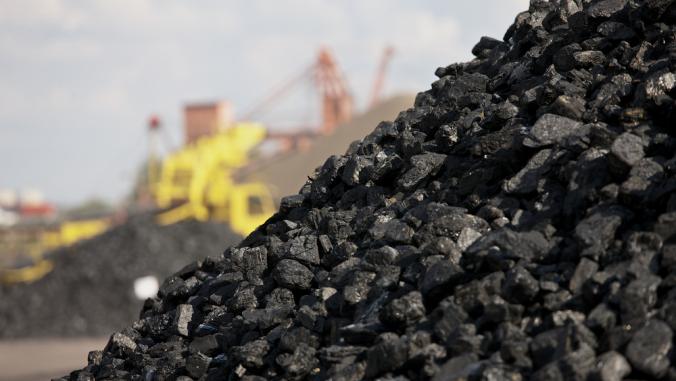Scotch makers Diageo and Chivas belly up to greener transport
<p>Several Scotch whisky producers will trade trucks for trains to ship bottles.</p>

Scotch whisky image by Tobias Arhelger via Shutterstock.
Scotch whisky makers including Diageo and Glen Turner are hoping to slash the carbon emissions of their drinks by switching from trucks to trains to transport bottles across the country.
The Scotch Whisky Association (SWA) announced late last week that a group of whisky producers near Elgin in Speyside had launched a government-backed trial of the new service.
Scotch is currently moved by road from Speyside to warehouses and bottling halls across central Scotland, but the companies will send their whisky through Aberdeen to Grangemouth by rail, marking the first time there has been any substantial volume of goods transported by train from Elgin for 30 years.
The project, dubbed "lifting the spirit," has required some level of investment from local, national and European governments to improve the train route and facilities around Elgin. But if successful, the SWA hopes the method also could be adopted by other food and drink industries in the area.
Over the next three months, trains will run twice a week from Elgin to Grangemouth, carrying goods from Diageo, Chivas Brothers, John Dewar & Sons, Whyte & Mackay, Glen Turner and other producers.
SWA said it is also planning to hire an independent academic partner to analyze the results of the trial and investigate its feasibility in the longer term.
A spokeswoman for SWA told BusinessGreen that it has yet to calculate potential emissions savings from the switch; however, it already has worked out that one train journey from Elgin to Grangemouth is the equivalent of taking 29 trucks off the road. Over one week, the two train journeys will take the equivalent of nearly 60 trucks off the road.
She also cited figures by the industry-developed calculator ECOTransIT World, which show the reduction of CO2 emitted during transport by rail is up to 60 percent compared to road travel.
Richard Lochhead, Scottish Cabinet Secretary for Rural Affairs and the Environment, welcomed the project as a move towards greater efficiency and sustainability.
"The area covered by this trial is home to 77 distilleries which produce 85 percent of all of Scotch malt whisky. That equates to a lot of freight on Scotland's roads," he said in a statement.
"The Scottish Government is keen to see more goods moved by rail or water, where this is commercially viable, to ease traffic congestion and help the environment. I welcome this project and look forward to seeing its results."
This article originally appeared at BusinessGreen.
Scotch whisky image by Tobias Arhelger via Shutterstock.





